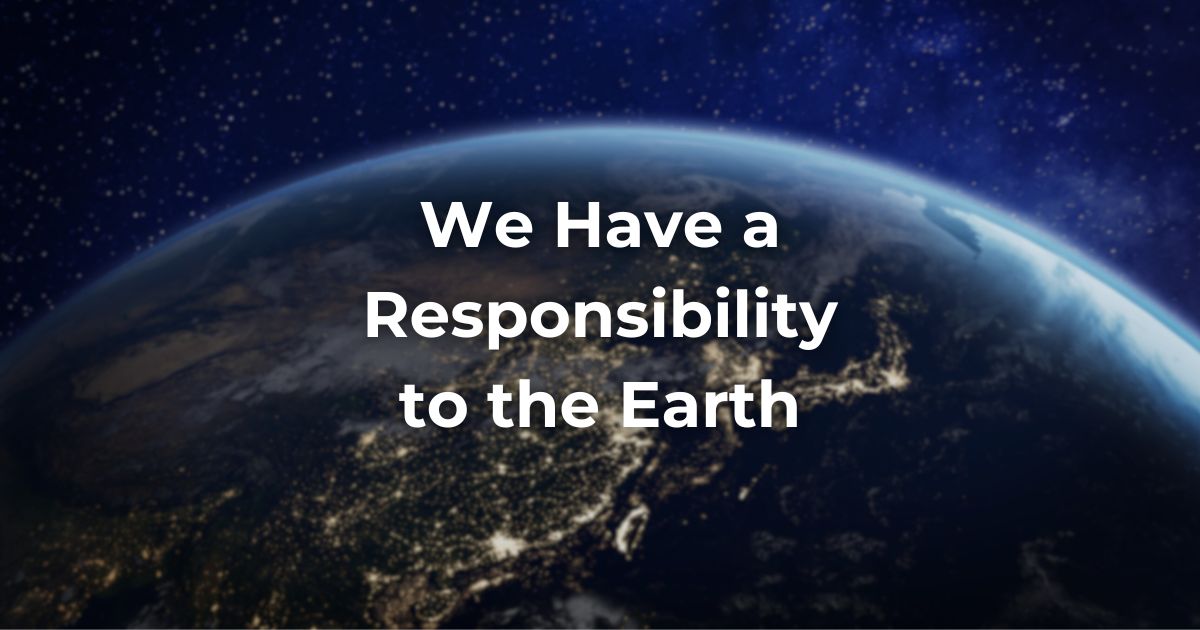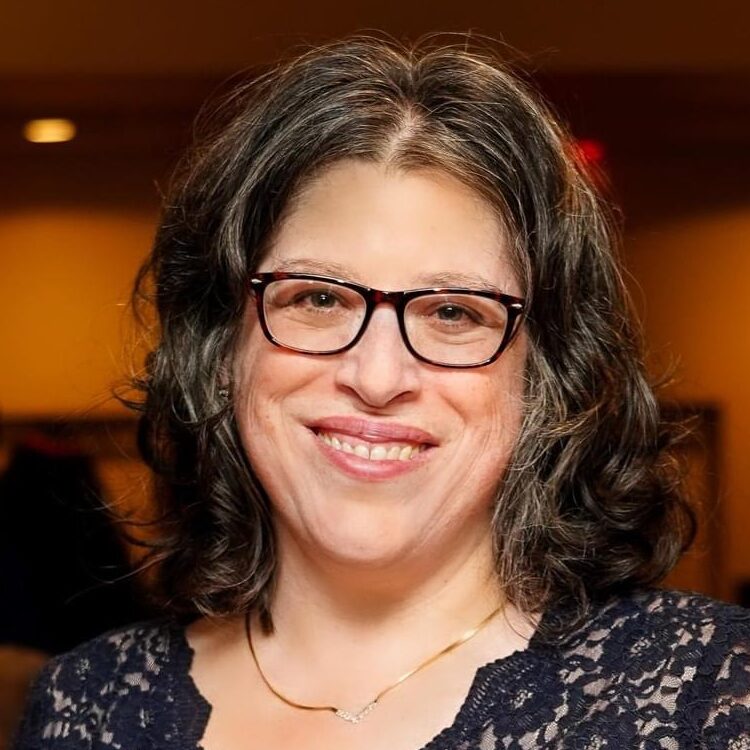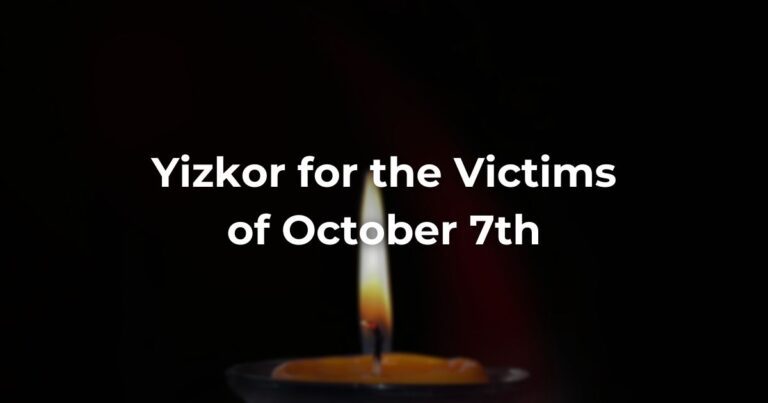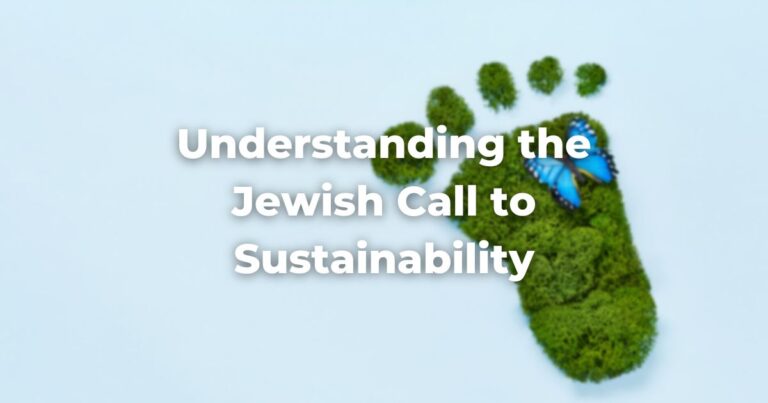There is a common understanding that the Biblical creation story teaches us that the earth is given to us to fill and conquer.
This could not be further from the truth.
Modern scholars understand that there is not just one creation story, but two edited together. In the first story, we’re told to master the earth, and in the second, we are called upon to guard and protect it.
The first says:
“God blessed them and God said to the first humans: “Be fertile and increase, fill the earth and master it; and rule the fish of the sea, the birds of the sky, and all the living things that creep on earth.” (Genesis 1:28).
Yet, the second says that God settled the Human in the garden of Eden, to till it and tend it. (Genesis 2:15).
The language of mastery is used to justify our choices to do what we want and degrade the environment. Further, it could explain how humans have distanced themselves from nature and put themselves above it rather than a part of it.
Yet, the second creation story argues for why we have a responsibility to care for the earth. This paints a picture of humans serving as shepherds of God’s earth, not conquerors.
Indeed, Judaism calls upon us to conserve environmental resources and our texts contain directives about how to do so.
Why Does This Matter?
2023 was the hottest year on record and Antarctic ice coverage dropped down to its lowest level last year. These warming trends may lead to catastrophic loss of life of all species, including humans. Even on an emotional level, the stress of current and predicted weather patterns causes our children anxiety, depression and lack of hope for their futures. Understandably, young people are very frustrated by the inaction of policymakers and fear for their future.
Judaism cares about future generations. You can see this in the story of Honi the Circlemaker from the TalmudReferring to one of two collections, the Jerusalem and Babylonian Talmuds, edited in the 6th century, that contains hundreds of years of commentary, discussion, and exploration of the ideas in the Mishnah. One could describe it as Mishnah + Gemara = Talmud Read more:
One day, he (Honi the Circle Maker) was walking along the road when he saw a certain man planting a carob tree. Ḥoni said to him: This tree, after how many years will it bear fruit? The man said to him: It will not produce fruit until seventy years have passed. Ḥoni said to him: Will you really live seventy years, that you will benefit from this tree? He said to him: Just as my ancestors planted for me, I too am planting for my descendants. (Babylonian Talmud, Taanit 23a)
The lesson Honi learns is that leaving a better world for our children is embedded in our tradition and an important piece of the Jewish environmental ethic.
In a midrashThis word is used in two ways, as both a concept and a literature. As a concept, midrash is the expansive interpretation of biblical texts. The term is used to describe the practice of rabbinic interpretation. As a text, it refers to specific collections of interpretations, particularly from the third to ninth centuries in the Land of Israel and Babylonia. Plural: Midrashim
Read more in Kohelet Rabbah, we see further evidence of our responsibility to care for the earth:
Then the Blessed Holy One created the first human, God took him and led him around to all the trees of the Garden of Eden and said to him: “Look at My works, how beautiful and praiseworthy they are! And all that I have created, it was for you that I created it. Pay attention that you do not corrupt and destroy My world: if you corrupt it, there is no one to repair it after you. (Kohelet Rabbah 7:13:1)
This midrash echoes what we are seeing today.
Our mishandling of resources and over-reliance on fossil fuels has created the current climate crisis. Instead, we have the responsibility to care for the earth.
Even though humans are central to the creation story, we are not the only characters. As another midrash teaches us:
Our Rabbis said: Even those things which you may regard as superfluous to the creation of the world, such as fleas, gnats, and flies even they too are included in the creation of the world, and the Holy One carries God’s purpose through everything, even through a snake, a scorpion, a gnat or a frog. (Bereishit Rabbah 10:7)
Even when other species seemingly do not directly benefit us, the midrash reminds us that they are a part of creation, deserving of care.
Finally, we are merely tenants on this earth and God is the true “owner,” as explained in the Babylonian Talmud:
One is forbidden to derive benefit from this world without a blessing. The Sages taught in a Tosefta: One is forbidden to derive benefit from this world, which is the property of God, without reciting a blessing beforehand. And anyone who derives benefit from this world without a blessing, it is as if he is guilty of misuse of a consecrated object. (Babylonian Talmud Berachot 35)
This Talmudic text argues that we are actually stealing, so to speak, if we eat anything without first saying the appropriate blessing. We can extend this reasoning to all things.
We can’t treat this planet as if it is ours to plunder irresponsibly. Rather, we have a responsibility to God, each other, and future generations to treat the earth with respect.
Judaism provides a robust foundation for cultivating an environmental ethic. From the creation stories through rabbinic commentary in the Talmud, we have many compelling reasons to care for the earth.
Author
-

Rabbi Miriam Midlarsky Lichtenfeld largely grew up in Boulder, Colorado and went to college at the University of Wisconsin. Since her ordination from the Jewish Theological Seminary, she has taught at camps and day schools, run religious schools, and educated adults in New Jersey, New Orleans, Rockland and Westchester Counties and Albany, NY. She is passionate about helping people find relevance in our ancient texts and traditions. Currently, Rabbi Miriam teaches and tutors in a variety of Jewish educational programs. When she isn’t educating students or spending time with her family, she loves to hike with her dog, bike, knit, read, and garden.
View all posts






